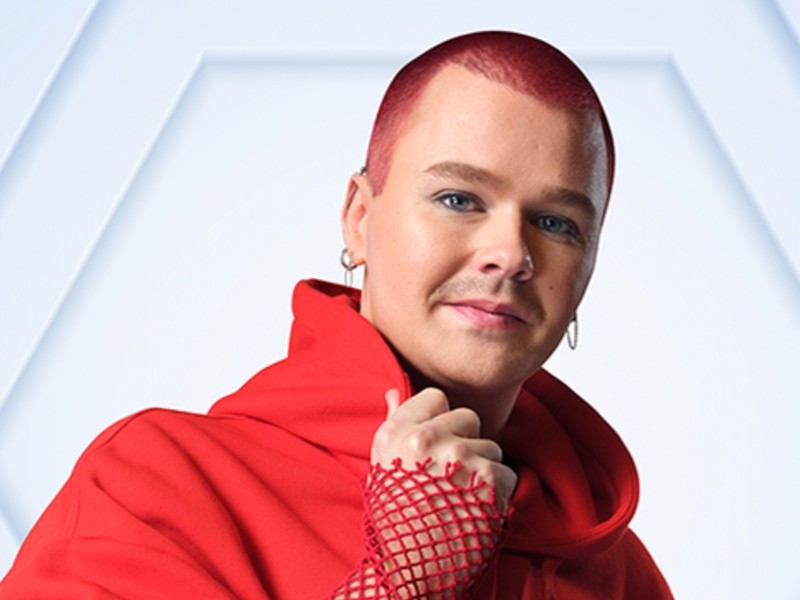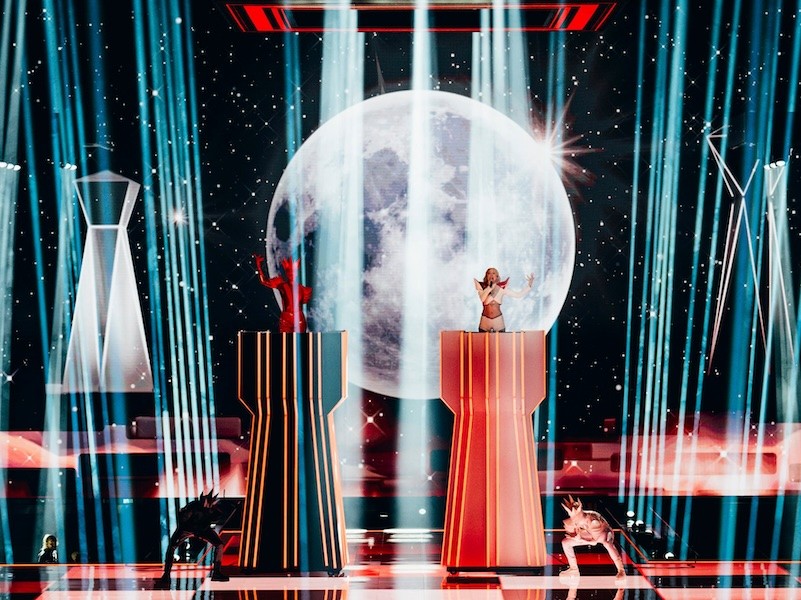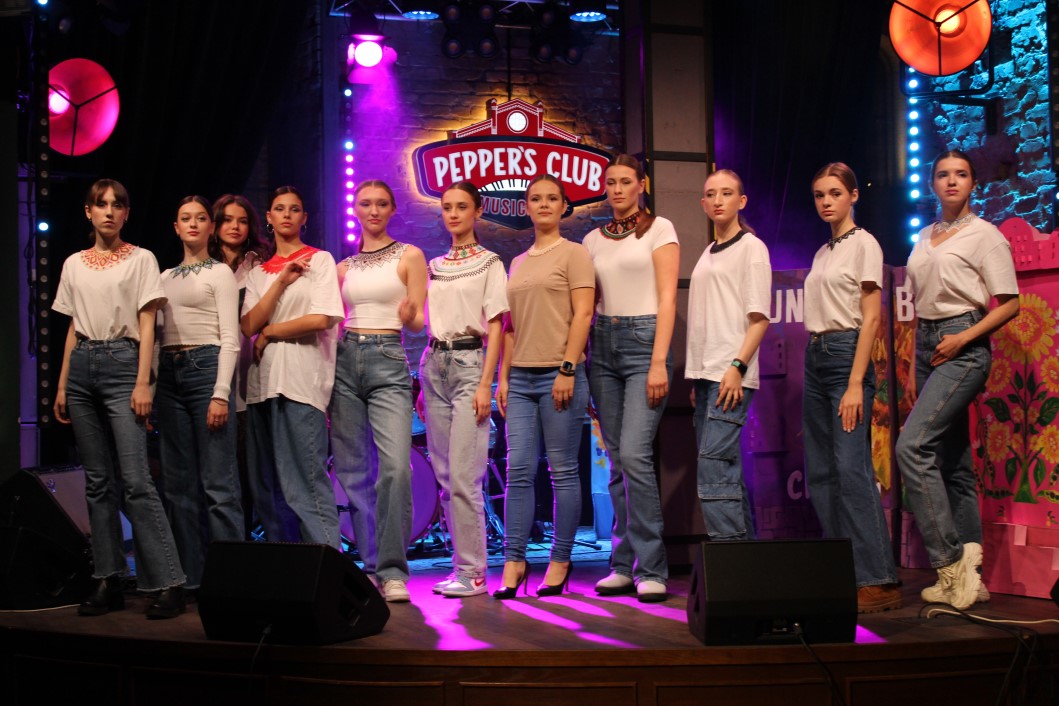
How much time do we have left together? Well, when it comes to Slovenia and Eurovision, not very much.
The director of state broadcaster RTVSLO has said it’s unlikely they will return to the song contest after being repeatedly ignored over their various concerns by the European Broadcasting Union (EBU).
Her comments came during the broadcaster’s annual planning session when it discusses upcoming shows and productions.
Slovenia: RTVSLO director says Eurovision withdrawal is likely
As you can read on the official Evrovizija web site, RTVSLO Ksenija Horvat first discussed the production of a new show, which would be the basis for selecting the country’s act for Eurovision 2026. It would be similar to the EMA Fres show, which in years past has helped choose acts for the EMA Eurovision selection. But it seems that none of this will be needed.
“Now, as you know, a lot of things have happened from April onwards,” she said. “There were quite a few calls from us to the European Broadcasting Union (EBU) asking they talk more with us – with smaller television stations – about what rules it has for participating in the Eurovision Song Contest. We sent some very specific questions and proposals, just like last year.”
Many of these questions related directly to Israel’s controversial participation.
“Last year we were more or less ignored. This year is basically the same. So we realistically think that we will not be able to go to the Eurovision Song Contest. If we won’t be able to reach an appropriate system of participation, we will not be there. It means that the series of talent shows [that would select the entry] would no longer have a purpose.”
Slovenia was the first country to call for a debate about Israel’s participation at Eurovision, initially writing to the EBU in December 2024. Following the fallout over the 2025 contest results, the broadcaster repeated its appeal with starker terms.
Horvat sent a letter to the EBU expressing concern over how Israel’s participation has shifted the dynamics of the contest, making Eurovision anything but apolitical and unifying. Horvat noted that she had already addressed the EBU on this matter last year, but without success — and since then, the concerns have only grown stronger.
“Unfortunately, the response we received did not contain convincing or concrete explanations, nor did it reflect the urgency and seriousness of the issue we are addressing. During this time, the humanitarian situation in Gaza and the occupied Palestinian territories has worsened, and public concern — both in Slovenia and throughout Europe — has increased significantly.
“Many viewers in Slovenia and elsewhere expressed serious doubts about the credibility and transparency of the voting, especially in light of the political context surrounding the contest. The feeling that political interests could influence decisions on participation or the final vote results has shaken public trust in the impartiality of the EBU.
“We are particularly interested in comparing telephone votes with online votes, as we believe this is essential to restoring trust in the integrity of the voting process. As a public media organisation, we have a duty to provide our audience with accurate and verifiable information.
“As a broadcaster accountable to the public, Television Slovenia is under increasing pressure to respond to these concerns. If the EBU does not take concrete steps and address these issues, we will be forced to reconsider our participation in future Eurovision events.
“We will be compelled to take this step if the EBU continues to ignore these key concerns — concerns that must be addressed from both an ethical and public interest perspective. We are calling for an open, inclusive, and urgent debate among EBU members — including music performers and civil society representatives — on voting transparency, engagement policies, and the consistent, credible implementation of the EBU’s stated values.”















